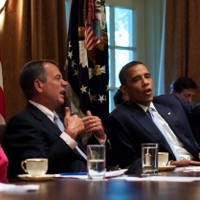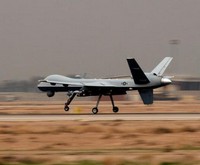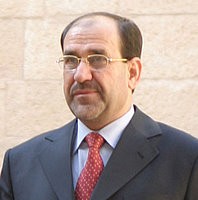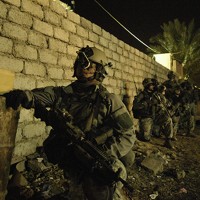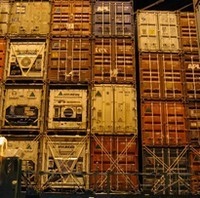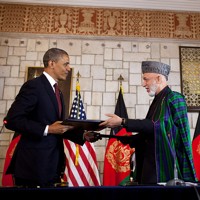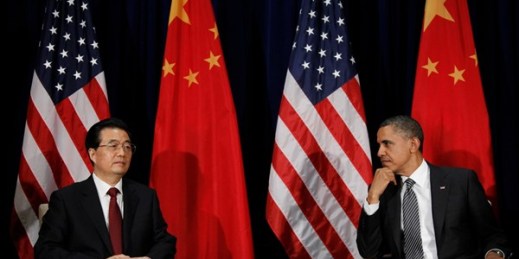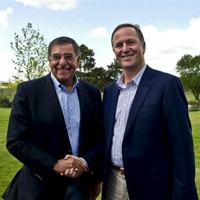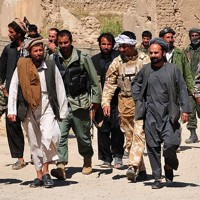
Rarely a week passes without a grim new article, op-ed or newspaper story warning us that al-Qaida is mounting a comeback. Retired U.S. Army Gen. Jack Keane, for instance, recently declared that al-Qaida is “seeking to take advantage of the opportunities posed by revolutionary change throughout the Middle East” and is “on the rise.” Writing for the Wall Street Journal, the RAND Corporation’s Seth Jones argued that, with the Obama administration turning its attention to the Asia-Pacific region, al-Qaida is pushing into the political vacuum created by the Arab Spring and “riding a resurgent wave as its affiliates engage in […]



